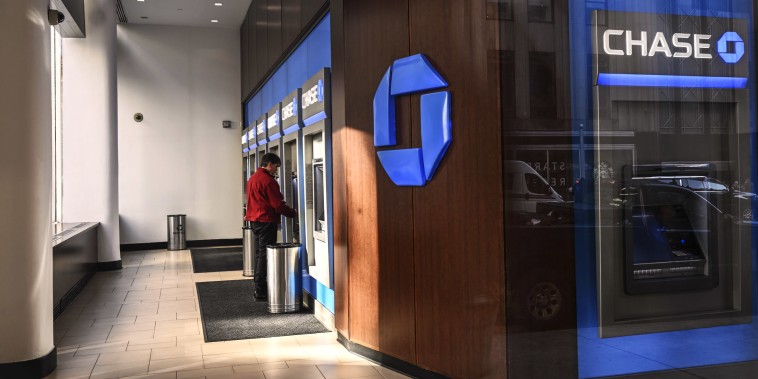Wall Street CEOs have recently come out strongly against proposed banking regulations intended to protect small businesses and low-income Americans from predatory practices. The CEOs of large banks, such as JPMorgan Chase, Bank of America, Citigroup, and Wells Fargo, issued a joint statement criticizing the new proposed rules, claiming that they will “hinder” the ability of these banks to lend to small businesses and also making it more difficult to serve low-income Americans.
The new regulations, proposed by the Consumer Financial Protection Bureau (CFPB), include stricter restrictions on payday loans and other high-cost forms of borrowing, as well as provisions that will make it easier for customers to dispute credit card and checking account fees. Additionally, the rules would force banks to give customers more information about their accounts and publish annual notices about their fees, terms, and conditions.
The large banks’ opposition to these rules is based on the argument that the added costs associated with implementing them will make it difficult to serve small businesses and customers of low-income. If the costs become too high, they claim, then they will not be able to lend to these groups and may even be forced to cut services to them.
However, in a recent study conducted by the Center for Responsible Lending, it was shown that banks have often taken advantage of small businesses and low-income customers with predatory practices. If the proposed regulations go into effect, it will help protect these vulnerable groups from such practices by better policing and lowing the cost of borrowing, making it more affordable.
In addition, the new regulations are an attempt to rein in the excesses of Wall Street, which has caused economic crises in the past. By making it harder for banks to engage in predatory practices, the rules can help ensure that large banks are no longer able to make a profit by exploiting small businesses and low-income Americans.
Despite the Wall Street CEOs’ arguments, the proposed banking regulations can potentially benefit small businesses and low-income Americans. By helping to protect them from predatory practices and ultimately making borrowing more affordable, these rules can potentially strengthen the financial security of small businesses and low-income customers.

